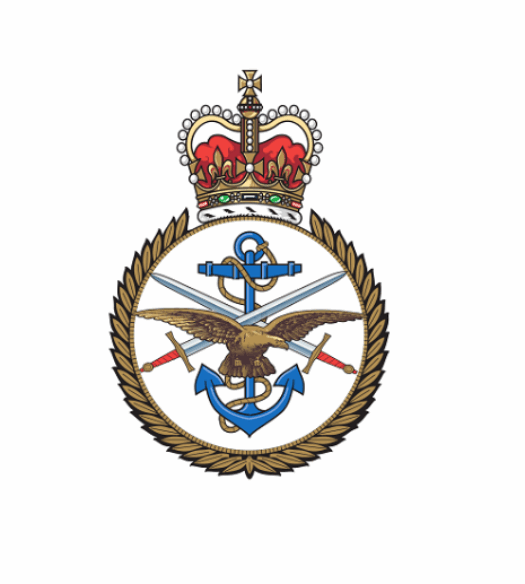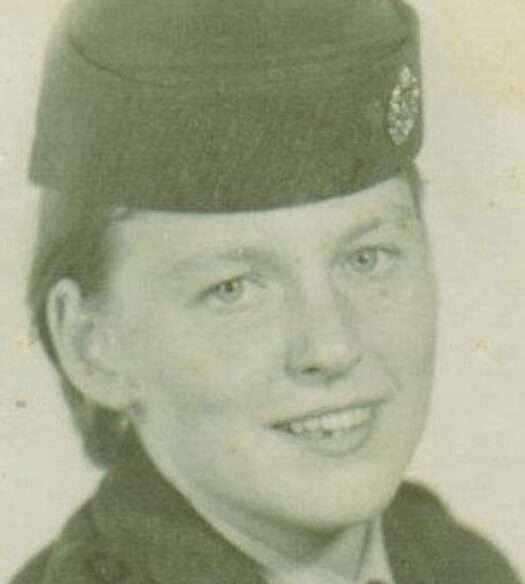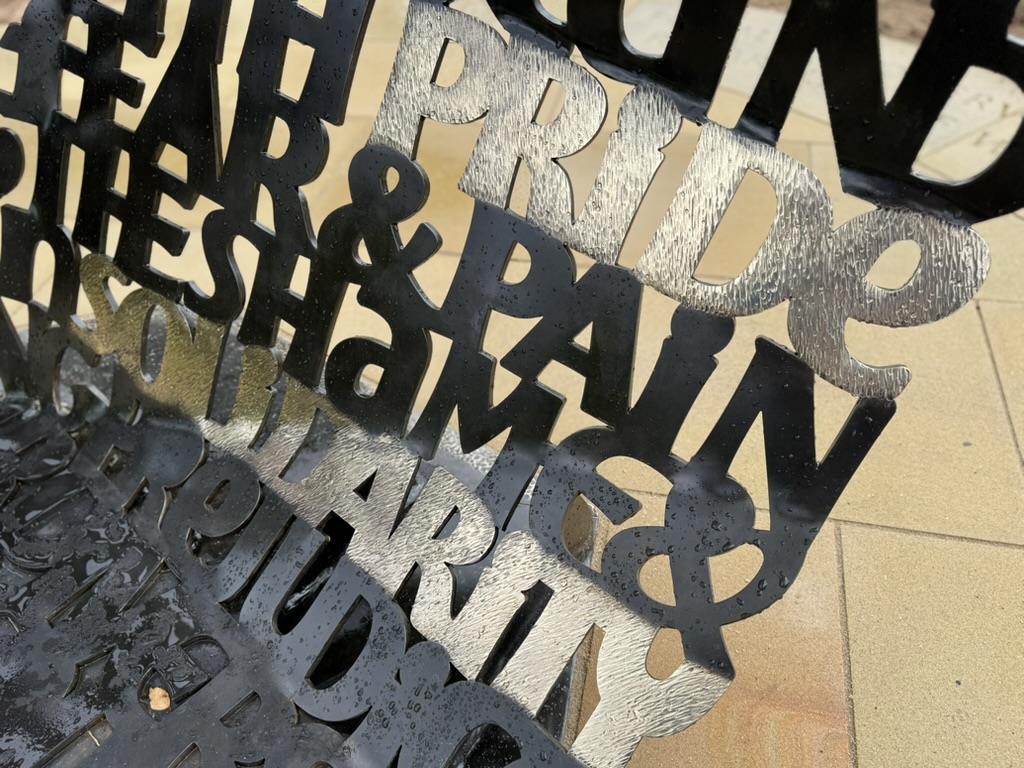
For much of the 20th Century, LGBTQ+ personnel were barred from serving openly in the UK Armed Forces.
The policy, initially reflecting the contemporary attitudes of its time, framed homosexuality and gender nonconformity as incompatible with service, discipline, and unit cohesion.
Even after homosexuality was decriminalised in civilian life in 1967, thousands of individuals were investigated, arrested, interrogated, and discharged in disgrace using military law and draconian regulations. Many individuals were imprisoned, aggressively investigated in military detention, or subjected to harmful and now-discredited aversion therapies in military hospitals. Many women in particular, were subject to aggressive sexual assaults in the knowledge that they were unlikely to report them, due to the risk of them being investigated themselves.
Thousands of soldiers, sailors and aviators lost medals, honours, or the realistic prospect of successful future employment. A significant number of those targeted were not LGBTQ+ at all, they were simply caught up in a system that relied heavily on rumour, accusation, and surveillance. To modern eyes, it is clear that the Ban, far from being a matter of military necessity, was contrary to the core values of the Armed Forces and represented a fundamental breach of those values.
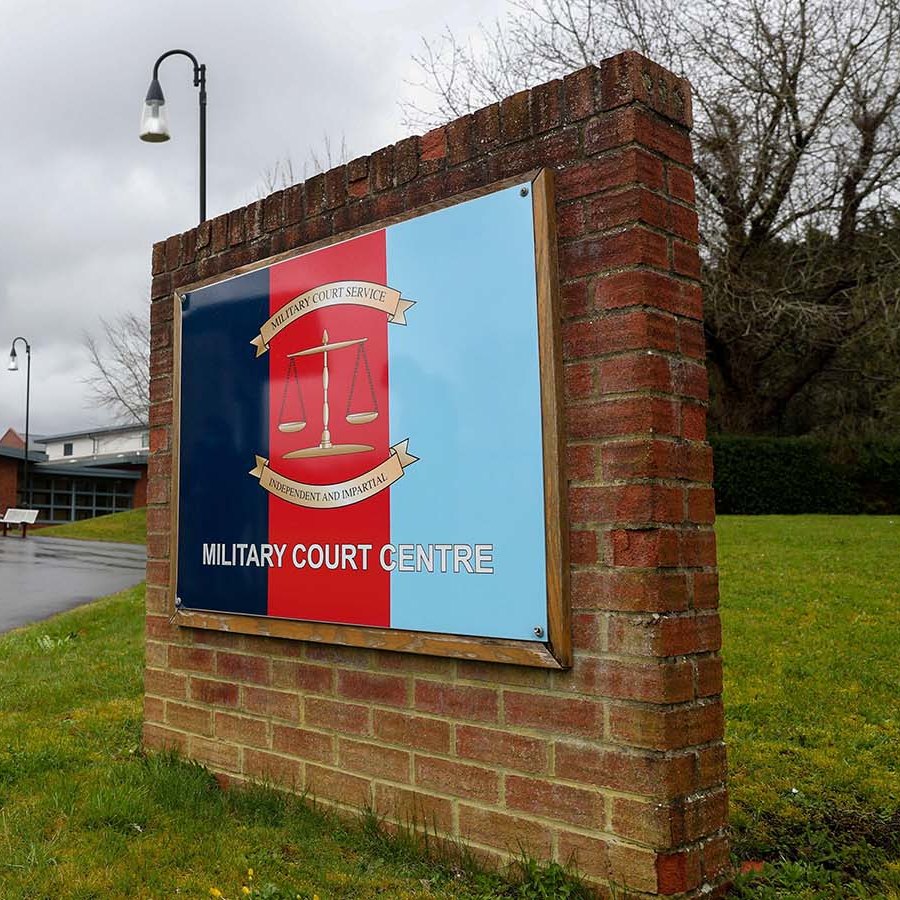
The policy became particularly harsh during the Cold War, when fears around blackmail and national security intensified scrutiny.
Relentless investigations by military police were often intrusive and degrading, leaving lasting emotional and psychological scars on those affected. Suspected homosexual members of the armed forces were sometimes followed, their post and personal correspondence searched, and their friends were often questioned under caution.
For some, these investigations led to intrusive physical examinations, medical interventions, or widespread bullying. For others it meant humiliating courts martial, medals being publicly cut from uniforms, many were demoted before being sacked, and in some cases imprisoned, even in the 1990s.
Serving doctors and chaplains were told to report supposedly confidential conversations with lesbian and gay serving personnel to their bosses.
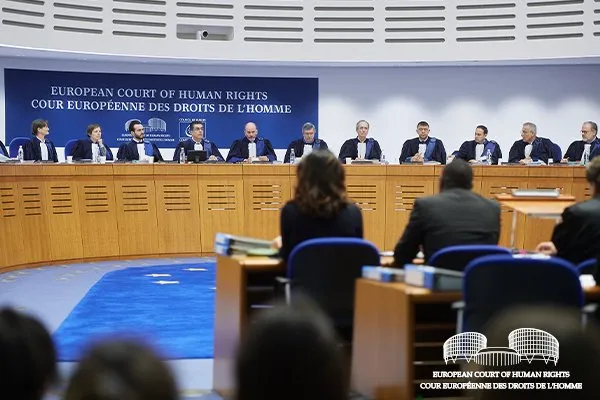
Despite growing acceptance in wider society, the Ministry of Defence continued to enforce the ban throughout the 1990s.
Campaigners, including former service members, began to publicly challenge the policy. Rank Outsiders was the early support network for those who were affected by the policy, founded by sacked Army Nursing Officer Elaine Chambers and sacked Army Bandmaster Robert Ely. The legal campaign started with the foundation of the Armed Forces Legal Challenge Group, established by sacked naval officer Edmund Hall. The group met for the first time in September 1994, and the legal fight to change the law began in the High Court in London in May 1995.
A turning point came more than four years later, on 27 September 1999, when the European Court of Human Rights ruled in four test cases (Jeanette Smith, Graeme Grady, John Beckett, Duncan Lustig-Prean) that the ban breached Article 8 of the European Convention on Human Rights, the right to respect for private life. Although this ruling forced the government’s hand, the policy change was not immediate or universally welcomed.
When it was announced in Parliament that the ban would be lifted on 12 January 2000, the Secretary of State for Defence made a point of highlighting to Parliament that many still opposed the change.
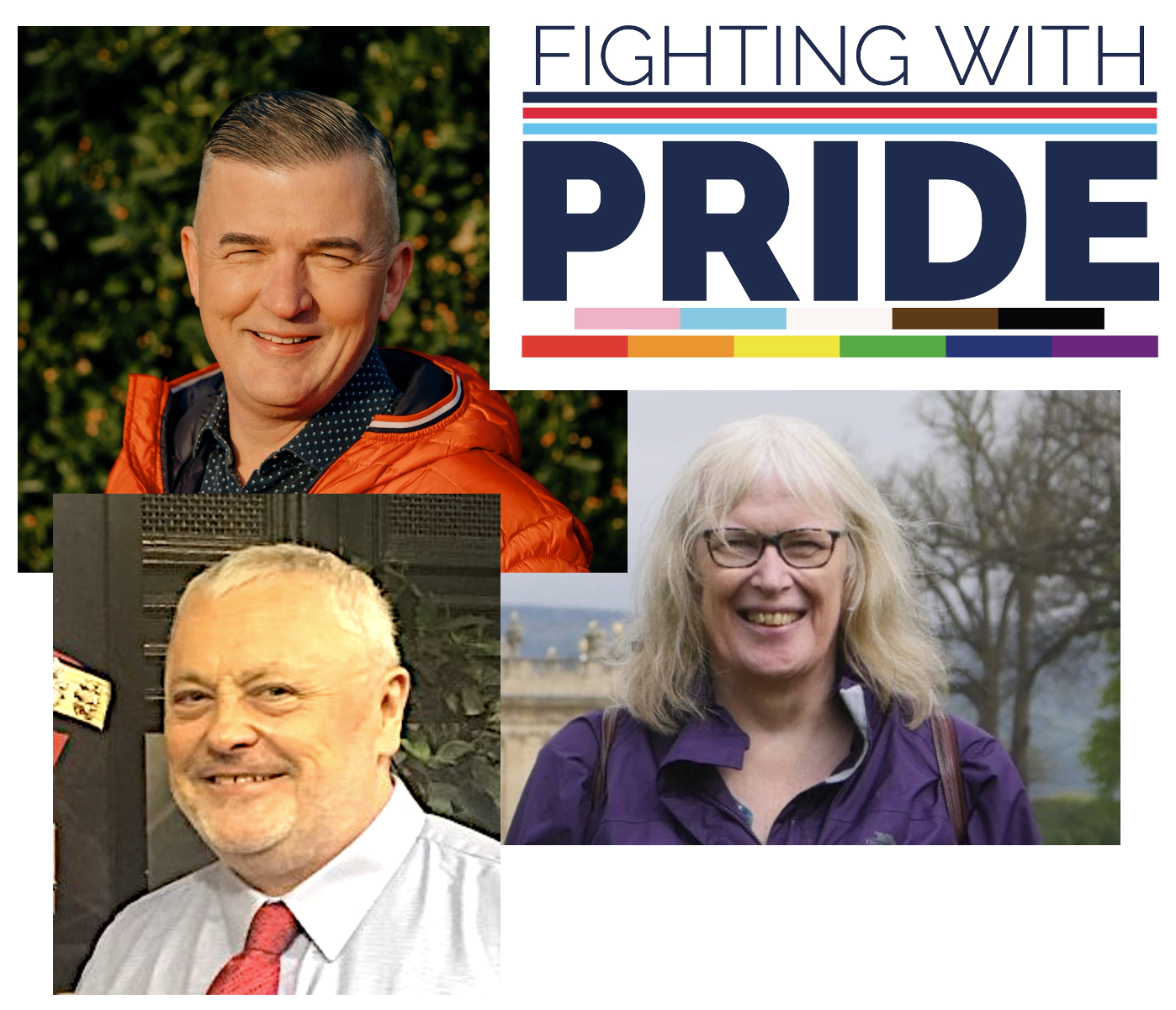
In the years that followed, the culture within the Armed Forces was transformed.
By 2020, the UK military had become one of the most inclusive in the world for serving LGBTQ+ personnel, with robust staff networks, inclusive leadership, and global recognition. However, little had changed for LGBTQ+ veterans who were badly affected by the ban, with little support in place from veterans’ services and military charities.
The charity Fighting With Pride (FWP) was formed by Caroline Paige MBE, Craig Jones MBE and Patrick Lyster-Todd (A former chair of Rank Outsiders), to address this injustice, campaigning to restore the Armed Forces Covenant to those who had served but suffered exclusion, trauma, and whose history was silenced. The charity played a pivotal role in securing the Independent Review into the service and experience of LGBT veterans, led by Lord Etherton.
The review was not government-inspired, but the result of persistent lobbying by FWP, including at the Armed Forces Select Committee in March 2021, and as a consequence of sustained efforts involving ministers, parliamentarians on all sides of the house and the support of veterans’ advocates such as the Royal British Legion.

Lord Etherton’s leadership and compassion were vital to the success of the review, and many of its core recommendations were proposed by Fighting With Pride.
The review, published in July 2023, documented the profound harm caused by the ban and made 49 recommendations for redress, recognition, and support. Lord Etherton died in 2025, but his review is a milestone publication that has changed government policy and has had a dramatic and positive impact on the lives of thousands of former members of the Armed Forces.
One of his recommendations was the creation of a national memorial for the whole LGBT+ Armed Forces Community: Veterans, Serving, Cadets and families and friends. Dedicated in October 2025 at the National Memorial Arboretum, it is a place of remembrance for veterans, serving personnel, families, and friends affected by the ban, and a place of reflection and recognition for their service and suffering.
This memorial stands not only as a poignant symbol of the pain and sacrifice endured by thousands of LGBTQ+ service personnel, but as a testament to the courage and persistence of those who demanded justice.
Those who once served in darkness are finally honoured in the light.
